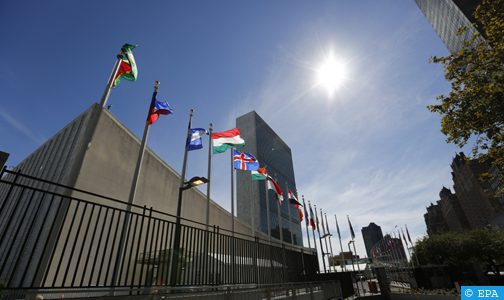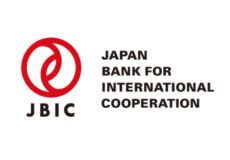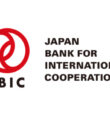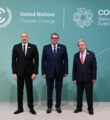UN General Assembly: Unanimous Endorsement for Moroccan Resolution on Integrated Coastal Zone Management
United Nations (New York) – The Second Committee of the United Nations General Assembly has adopted a draft resolution submitted by Morocco on integrated coastal zone management.
Titled “Strengthening cooperation for integrated coastal zone management to achieve sustainable development”, this biannual resolution, initiated and facilitated by the Moroccan delegation to the United Nations in New York, received strong support from member countries and unanimous endorsement during its adoption.
This reflects the trust that the Kingdom enjoys within the international community as an active, constructive and recognized actor in the fields of sustainable development and environmental action, under the vision of HM King Mohammed VI.
This resolution supports the efforts of the UN Secretary-General and the United Nations Environment Programme (UNEP) in using and implementing the integrated coastal zone approach to significantly contribute to the achievement of the Sustainable Development Goals (SDGs) and the economic recovery from Covid-19. It provides a platform for exchange and cooperation on the growing needs of the coastal zone, including food, energy, mineral resources, integrated transport, or tourism.
The resolution text emphasizes that coastal areas are an essential ecological and economic resource and that their management and planning from a sustainable development perspective require an integrated management approach.
The resolution encourages the Member States to take practical steps to mainstream poverty eradication, invest in reliable, sustainable, and resilient coastal infrastructure, develop maritime science, technology, and innovation in integrated coastal zone management.
As a result of the constructive contribution of the delegations that took part in the negotiations of this resolution, Morocco was able to strengthen the economic and environmental dimensions that are linked to the management of coastal areas.
In its intervention before the Second Committee, the Moroccan Delegation to the UN stressed that the concept of integrated coastal zone management has emerged as an approach to address coastal degradation, recalling that it is a dynamic process for the sustainable use of these areas, taking into account the fragility of coastal ecosystems and landscapes, in addition to the diversity of economic and social activities on the coasts.
The resolution is an excellent example of how the coastal economy can contribute in a sustainable way to the development process and a resilient post-Covid recovery, the delegation pointed out.
The resolution also pays tribute to the efforts of Member States, including those without coastal exposure, to enhance their participation in global trade, including the use of coastal zone management for regional economic integration, infrastructure development, and environmental protection among countries and regions of the world.
The resolution, through its open and participatory approach, has helped define the different pillars of international cooperation, including North-South, South-South, and triangular cooperation. These are key factors that increase activity in economic integration, fluid mobility of people, goods and services, climate action, and disaster risk management, among others.













